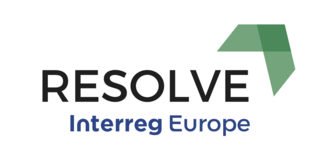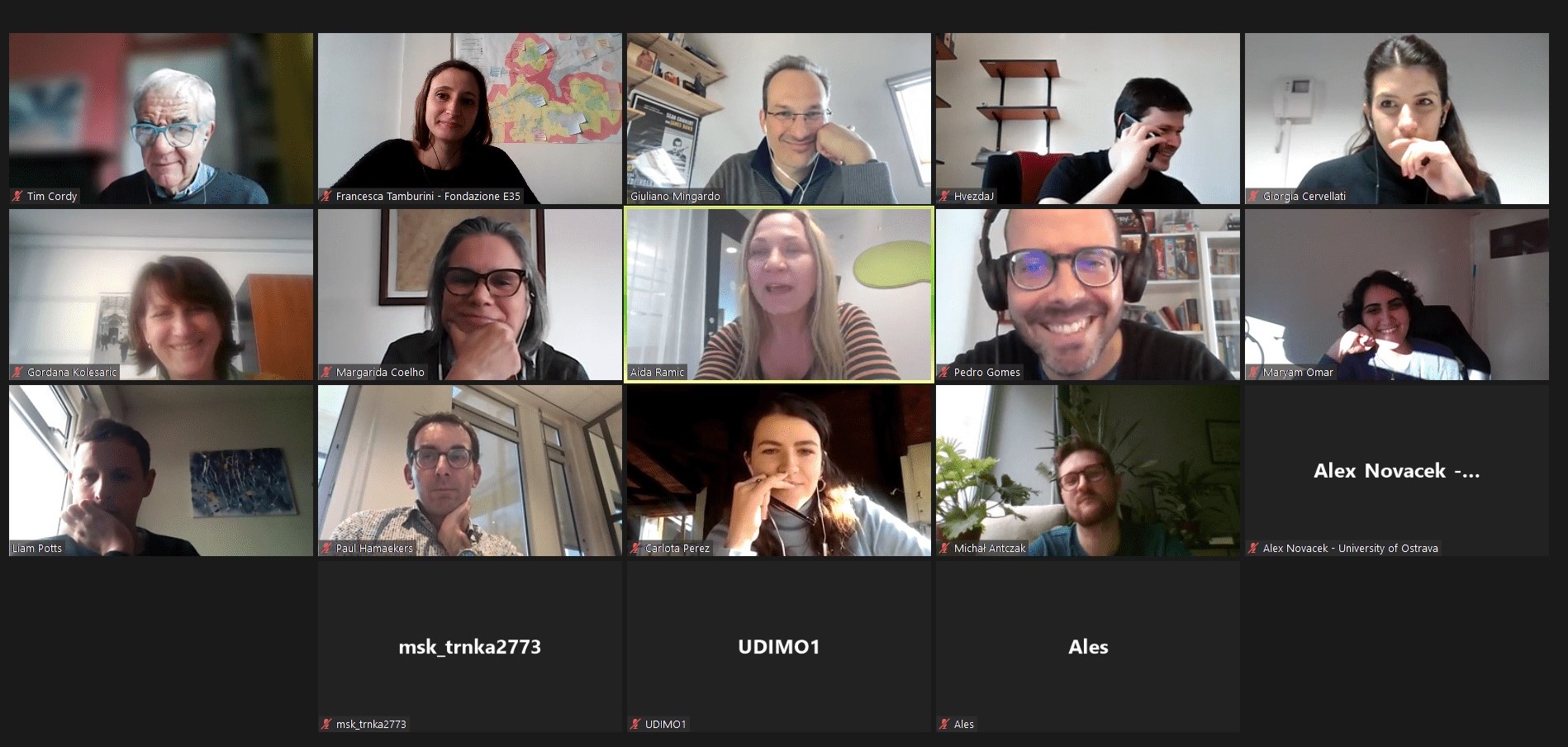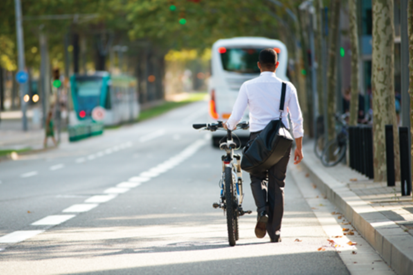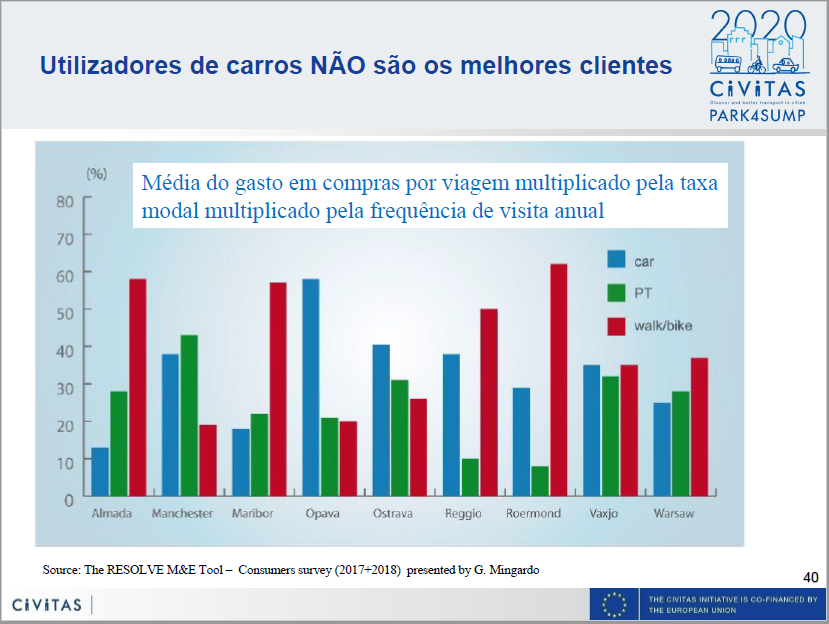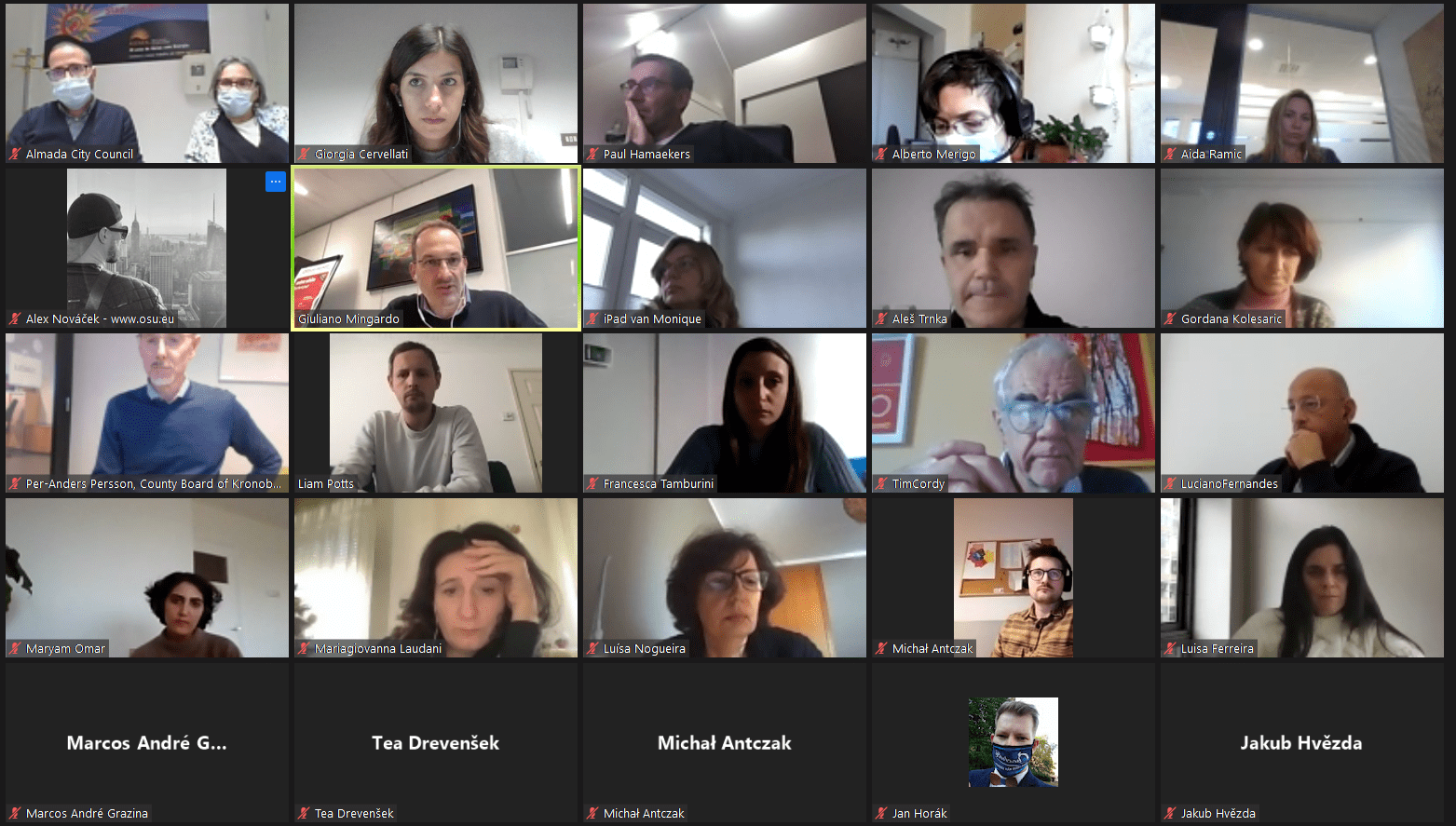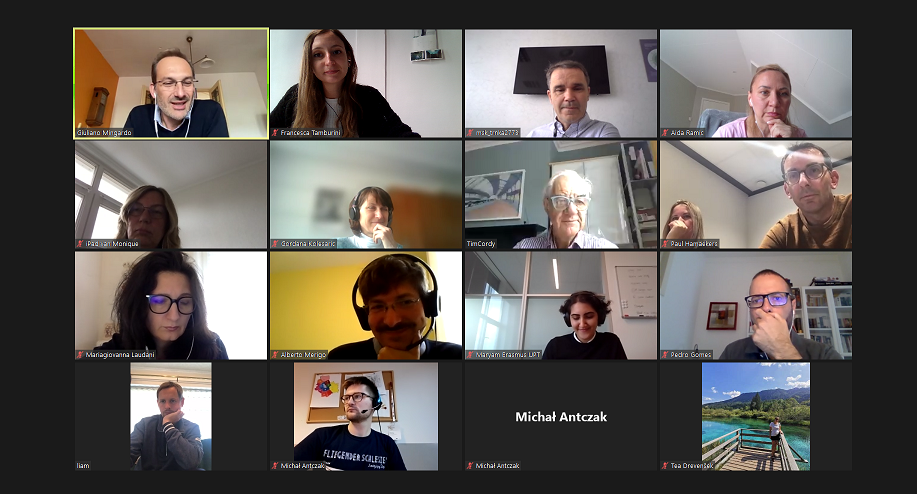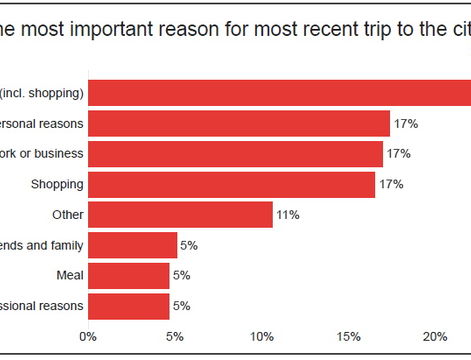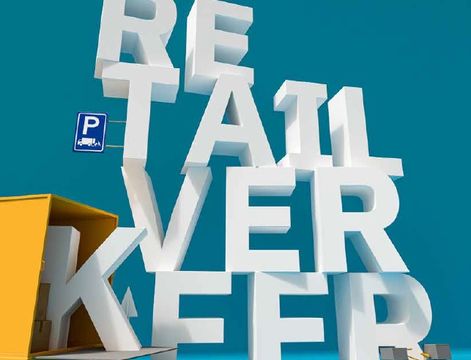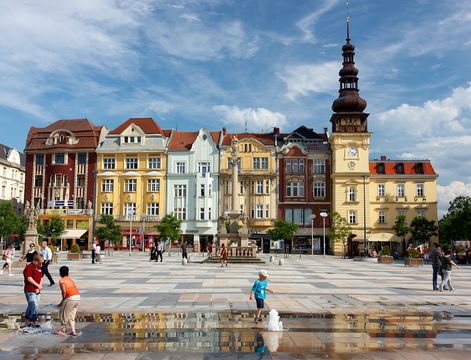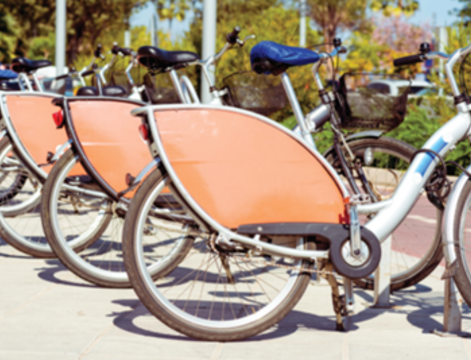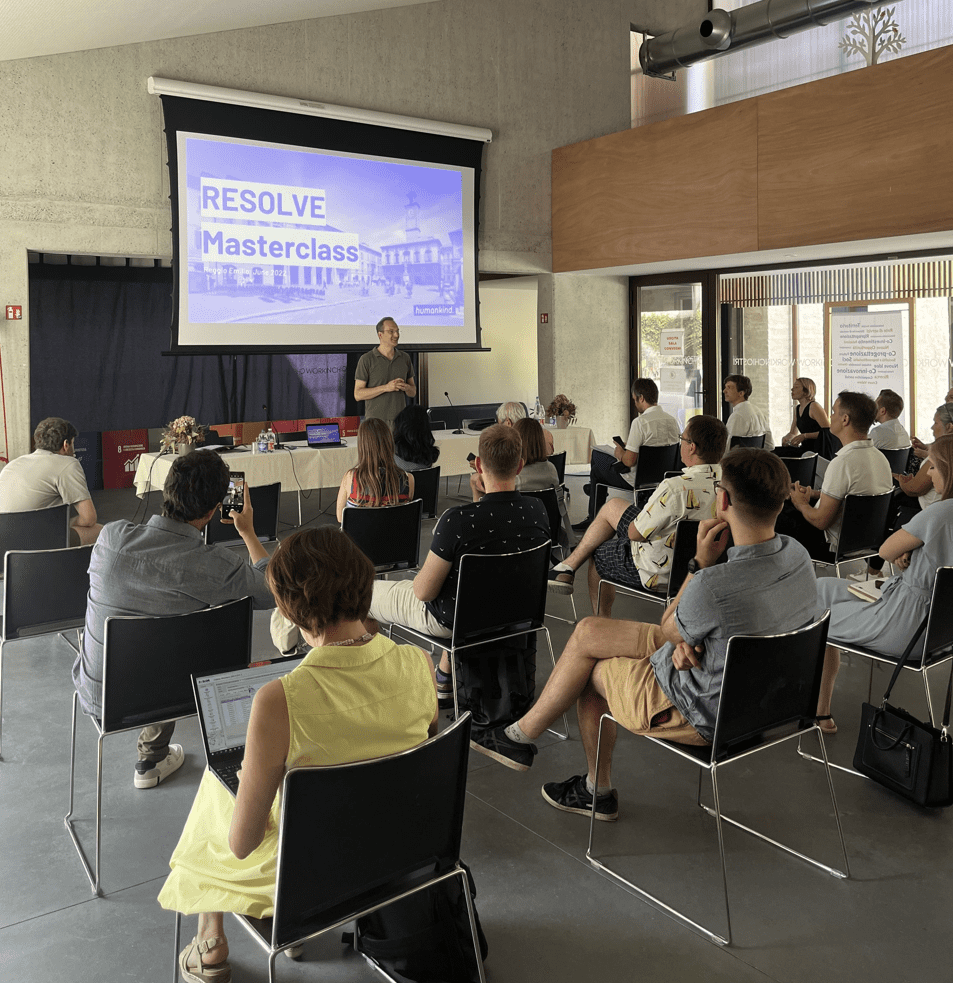The two-day Study Visit took place on 20th and 21th February in Roermond and Rotterdam with the participation of 10 colleagues from our RESOLVE partner cities Manchester, Reggio-Emilia and Warsaw. The delegation was interested in a range of good practices from the Netherlands. On the first day they visited the lead partner Roermond. The visitors were welcomed by alderman Raja Fick-Moussaoui who emphasized the importance of Study Visits in order to learn from each other’s knowledge and experience.
In the morning the municipality of Roermond presented its approach to keep the city, together with all stakeholders, accessible during large-scale road work activities. For this purpose, Roermond Bereikbaar (Accessible Roermond) has been set up. With the funding of the Mobility Fund, the cooperation was established between the municipality and the retailers in the city center. The Dutch bicycle approach was presented from the Dutch Cycling Embassy.

Maastricht Bereikbaar (Accessible Maastricht) addressed the concept of URBACT Freight Tails. This is Maastricht's approach to dealing with city logistics in a smart and innovative way. In the afternoon we visit Cityhub in Roermond. This innovative entrepreneur provides successful city distribution with small electric vehicles on a commercial basis (without subsidy).

On the second day, delegations moved to Rotterdam, with an overview of the mobility policy of the city, i.e experience and results of the environmental zone. After explaining the bicycle policy of the city, is was made concrete with several examples which showed how Rotterdam has translated the policy into concrete redesigns. In order to actually experience Rotterdam's bicycle infrastructure, the delegation has stepped on the bike and has been able to experience how the cyclist has been given an important place in the city mobility.

At the Erasmus University Rotterdam, the results of the Vlonderterras project were explained. This is an innovative concept where parking spaces are temporarily used for expansion of catering establishments (terraces). In addition, figures were presented on the importance of mobility in relation to retail. This clearly indicated that the importance of the car should not be overestimated. Finally, the day ended with a presentation by Vialis that presented two innovations in the field of traffic control installations.
We look back on two intensive days in which a lot of knowledge and experiences have been shared. The interaction between the delegations and the speakers has generated many new insights and inspired the participants to introduce new developments in their own city. Thanks to all participants and speakers, we look back on a very successful Study Visit!
